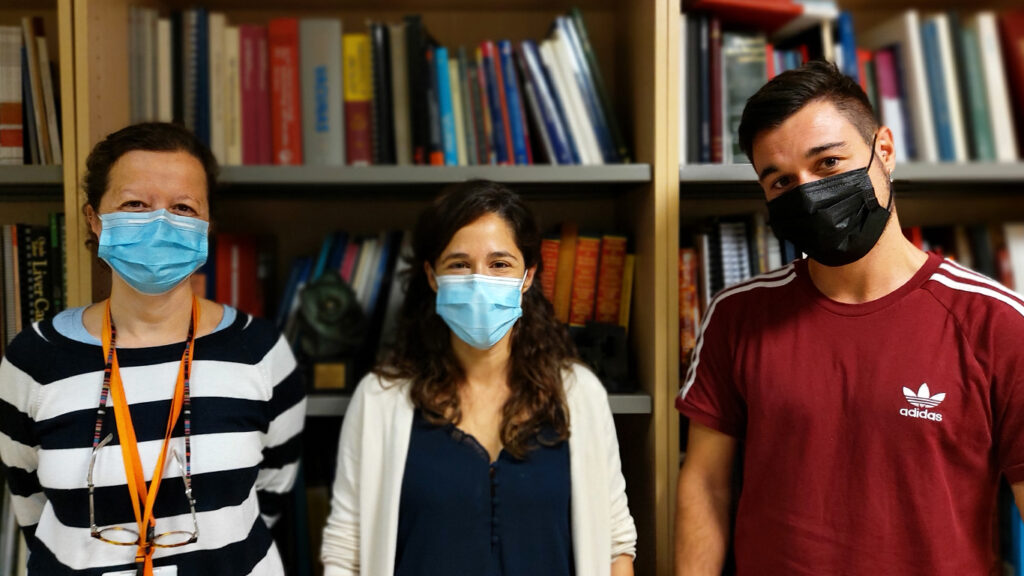The cervix is the outer part of the uterus. On the contrary, the endometrium corresponds to the shed that covers the inner portion of the uterus.
Cervical cytologies, the microscope observation of the cervix cells, are diagnostic tests of proven efficacy that, thanks to worldwide screening and follow-up programs, have reduced the incidence and mortality of cervical cancer.
On the other hand, endometrial cancer is one of the most common gynecological cancers. However, screening methods are not proven as in the case of cervical cancer. The anatomical continuity of the endometrium with the cervix suggests that cervical cytologies could be useful also to diagnose endometrial cancer. Several retrospective studies have shown the presence of abnormal cells from the endometrium on cervical cytologies.
A study of IDIBELL and ICO Infections and Cancer research group, led by Dr. Laura Costas, has evaluated the sensitivity of cervical cytologies for the detection of endometrial cancer. They have collected data from 371 women treated at Bellvitge Hospital that had developed endometrial cancer between 1990 and 2020 and have registered data from previous cervical cytologies.
The results, published in the journal Cancer Medicine, indicate that cervical cytologies are not effective in endometrial cancer diagnostic. Only in 25.6% of the cases signs of possible endometrial neoplasms were detected.
The researchers conclude that this test is not sensitive enough to detect endometrial cancer. However, they point out that new genomic and epigenetic technologies in cervical samples show a very promising perspective as highly sensitive diagnostic strategies.
The Bellvitge Biomedical Research Institute (IDIBELL) is a biomedical research center created in 2004. It is participated by the Bellvitge University Hospital and the Viladecans Hospital of the Catalan Institute of Health, the Catalan Institute of Oncology, the University of Barcelona and the City Council of L’Hospitalet de Llobregat.
IDIBELL is a member of the Campus of International Excellence of the University of Barcelona HUBc and is part of the CERCA institution of the Generalitat de Catalunya. In 2009 it became one of the first five Spanish research centers accredited as a health research institute by the Carlos III Health Institute. In addition, it is part of the “HR Excellence in Research” program of the European Union and is a member of EATRIS and REGIC. Since 2018, IDIBELL has been an Accredited Center of the AECC Scientific Foundation (FCAECC).

